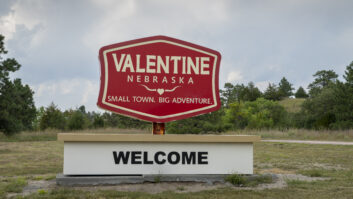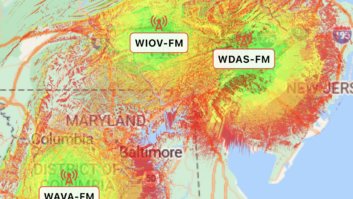The author is a contributor to Radio World who writes frequently about radio history. Opinions are his own.
Dear Editor:
In announcing a “#Radio100” celebration, the National Association of Broadcasters has chosen to declare Nov. 2 as the centennial of the day that radio was suddenly and magically born into this world. In doing so it is recognizing KDKA as the country’s pioneer station. But many early experimenters and broadcasters also contributed to the creation of radio broadcasting, and NAB does them a disservice by recognizing only KDKA as the “first” broadcaster.
[Visit Radio World’s Radio@100 Page for Related Articles]
In fact, WWJ in Detroit, KNX in Los Angeles and KJR in Seattle all trace their beginnings to dates that were earlier than KDKA, as I have written in the pages of Radio World; and many other stations that no longer exist also predated KDKA.
The first commercial broadcasting license did not go to KDKA; that honor went to WBZ in Boston in 1921. KDKA was licensed as a “Commercial Land Station,” a category that had existed for many years before, and on the night of its Nov. 2 election returns it was using the call sign 8ZZ. Licensing of broadcasting was not created until the art was well under way, and so it should not be used as a basis to single out one broadcaster.
In fact, in 1942, the NAB proclaimed that it was officially recognizing WWJ as being the true “first” broadcaster in the country. This announcement created a firestorm that resulted in Westinghouse Broadcasting withdrawing its NAB membership for eight years. Finally, in 1947, Kenneth Baker of the NAB stated that the organization was unable to take a position on which broadcaster was first.
It is accurate and appropriate to claim 1920 as the year that broadcasting was begun in the United States, and the NAB campaign is a wonderful celebration of that fact. But it is not appropriate for the NAB, which represents all broadcasters, to claim that just one date or one station deserves that honor. Many pioneers worked in parallel to develop what became radio broadcasting, and none of them deserves preferential treatment; they should all be considered “first.”







